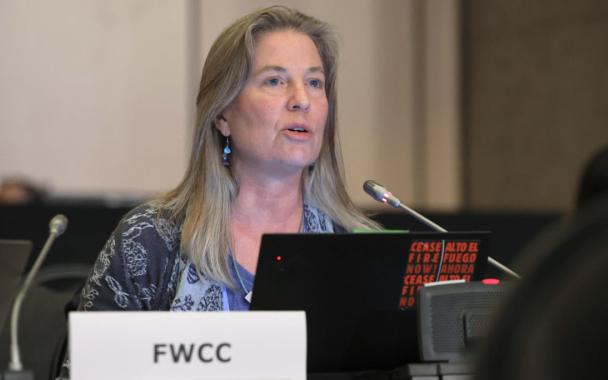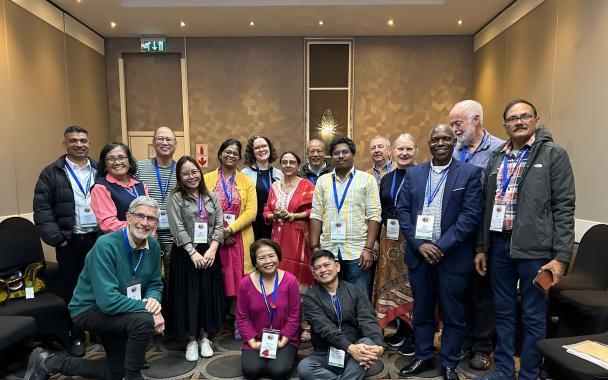
"Rethinking Penal Reform" - excerpt from the September Friends Newsletter
Rethinking Penal Reform - Programmes as a human right
by Murray Short
When the test of rehabilitation, in the sense of preventing reoffending, is applied to programmes in prison, they largely fail. Successive administrations have cancelled many programmes ostensibly because they fail this test. The real motive is cost saving. Those of us who advocate for programmes therefore need to be careful not to base our advocacy on the proposition that rehabilitation will prevent reoffending. In my rethinking of penal reform, programmes need to be advocated for as a human right. Without programmes, imprisonment is very damaging, leaving people ‘dehabilitated’ and less able to live a crime-free life on release. Programmes are essential to mitigate the damage that the state causes by its use of such punishment.
Throughout my career in the criminal justice sector and since, I have been a strong supporter of rehabilitation as a central element of criminal justice policy. The foundation of my commitment was my understanding of the Quaker belief in ‘answering that of God in everyone.’ Criminal justice policy and practice needed first and foremost to appeal to and build on the potential for good arising from that of God in the convicted person. One aspect of rehabilitation as a centrepiece of policy has always concerned me however, and that is its very modest impact on the prevention of reconviction and its lack of any impact on reducing the overall rate of crime. A recent rethinking of ‘that of God’ (Rethinking that of God. ANZ Friends Newsletter, Vol 105 No 2, May 2024) has clarified my concern and reinforced a modification of my view of rehabilitation as the centrepiece of policy.
As a Probation Officer I was...
Recent posts



Epistle from the
Friends World Committee for Consultation Asia West-Pacific
Section Annual Gathering held in-person
Seoul, South Korea
19 - 23 October 2025
폭풍이 나무를